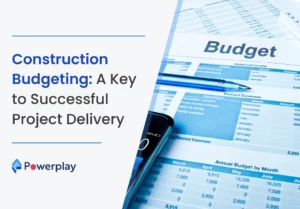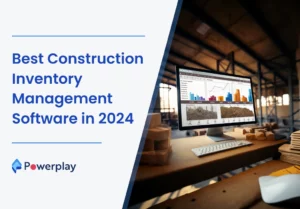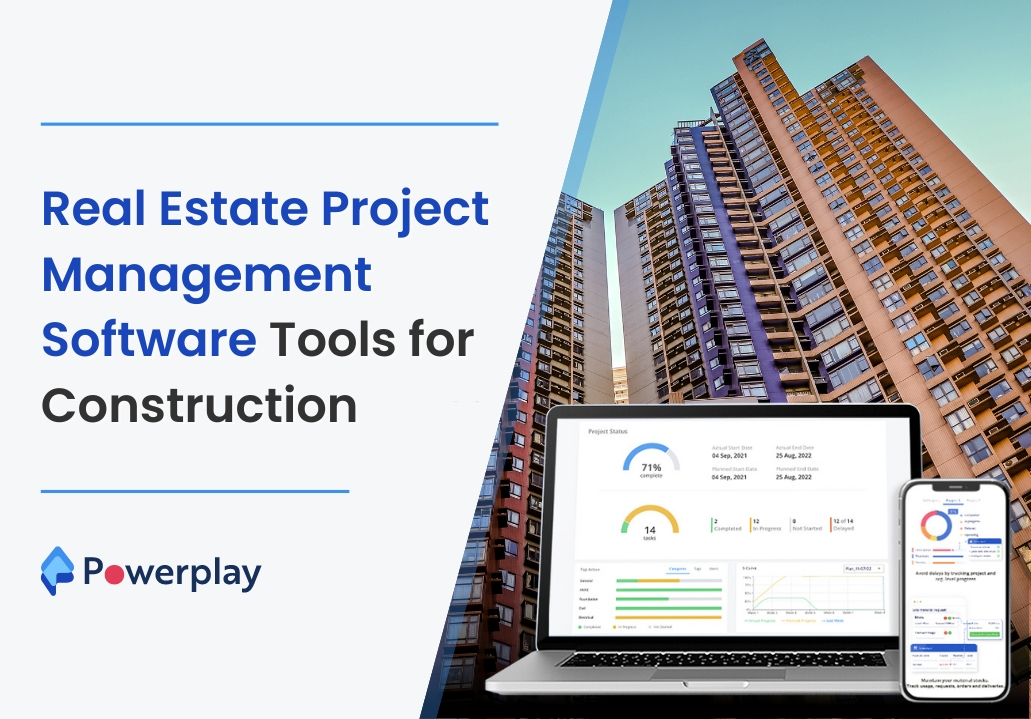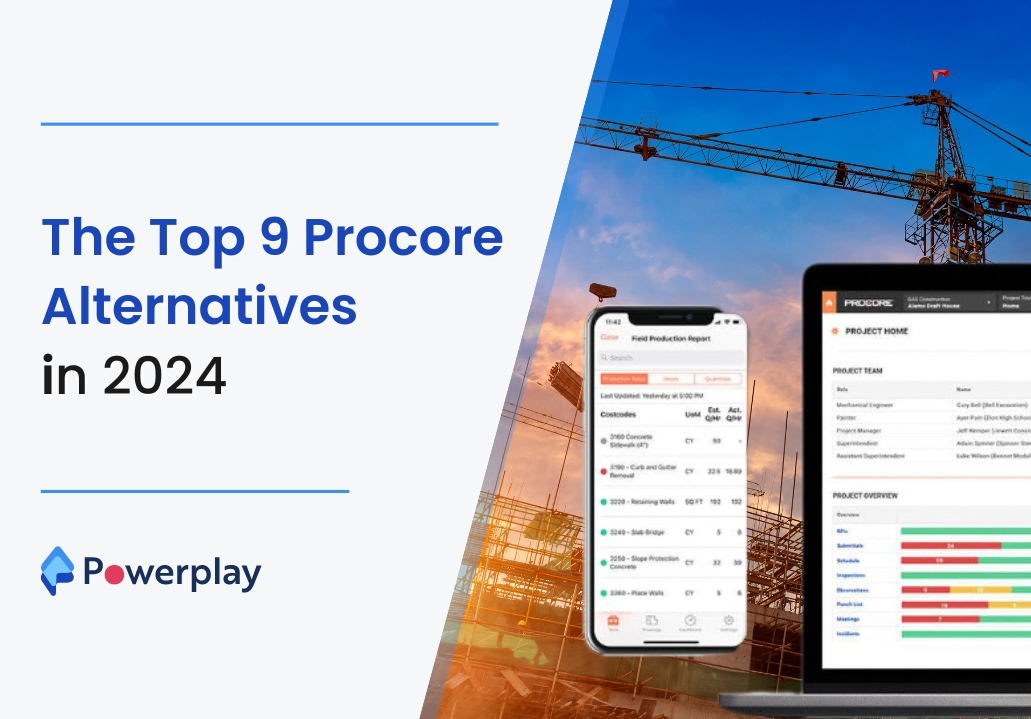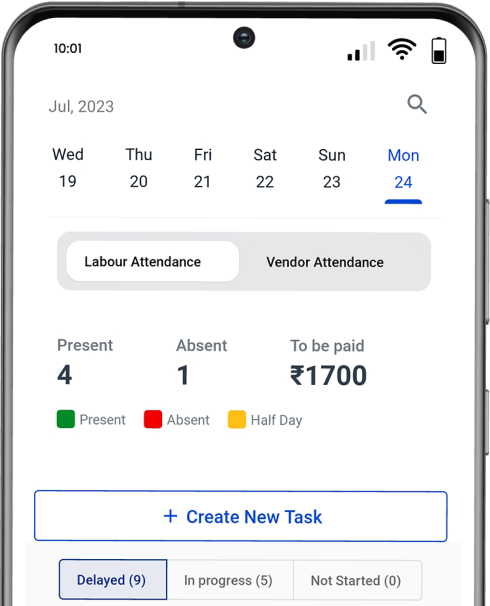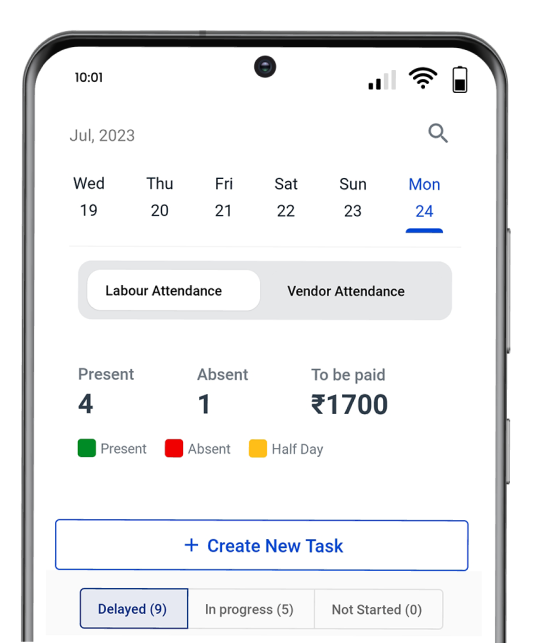Construction Reports and Reporting: An in-Depth Guide
-
Kumar Abhishek Anand
- March 27, 2024
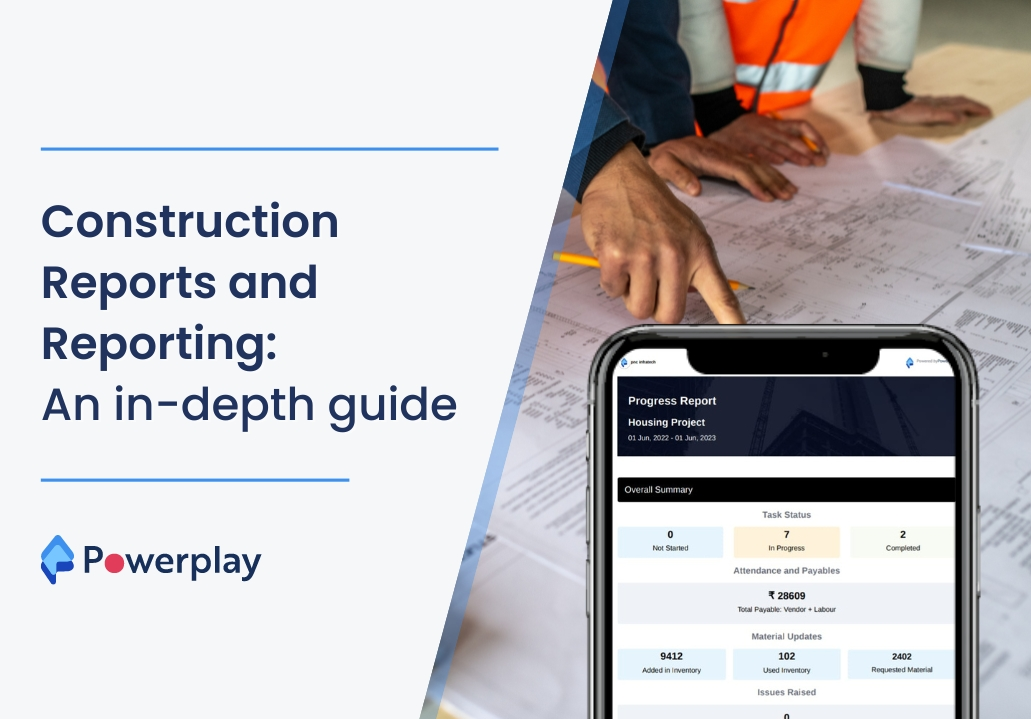
Are you an Indian construction business owner looking for ways to streamline your projects and improve productivity? Wondering how construction project management software can benefit your operations? Well, you’re in the right place!
In this blog, we’ll explore the power of construction management solutions and how they can help you generate construction reports that are essential to enhancing your construction projects. Let’s dive in and learn more about the types of construction reports.
Table of Contents
ToggleWhat Is Construction Reporting?
Clear communication and informed decision-making can make any and every construction project successful. Construction reports come in handy during this process. Essential documents which provide clear visibility of project progress, finances, materials, and potential roadblocks comprise construction reports.
- Schedule Progress: Check if your teams are adhering to the planned deadlines for the tasks
- Budget Tracking: A comparison of actual expenses to allocated funds
- Material Usage: Inventory Management and consumption of materials on-site
- Labour Hours: A breakdown of labour hours worked
- Quality Control: Results of quality control inspections.

These construction reports serve as the most reliable piece of information for everyone involved in the construction project, from the owner and project manager to site engineers and subcontractors.
Why Is Construction Reporting Important?
The reasons are several, below are a few key reasons
- Enhanced Transparency: Making daily construction reports helps construction owners, project managers, and site engineers to stay updated
- Improved Decision-Making: Data-driven reports enable faster and better decision making for construction owners and project managers. They get clear information about project scope, budget adjustments, and resource allocation
- Risk Management: By proactively identifying potential delays, cost overruns, or safety issues, reports allow for timely corrective measures
- Stronger Client Relationships: Consistent reporting builds trust with clients by keeping them informed and engaged throughout the construction process
Types of Construction Reports
In today’s fast-paced construction industry, staying organised and efficient is key to success. That’s where construction project management software comes into play. Construction project management tools are specifically designed to ease your workflow, making it easier to manage tasks, resources, and timelines. But did you know it can also generate crucial reports that can provide valuable insights into your projects?
Here are five types of construction reports that can be effortlessly generated using construction project management software:
- Progress Reports: Keeping Tabs on Project Development
Keeping track of construction project progress is crucial for any construction business. With construction management software, you can easily generate detailed progress reports. These reports offer a comprehensive overview of completed tasks, current status, and any potential delays. Having this information at your fingertips equips you to identify potential issues early on and make strategic decisions to keep projects running smoothly.
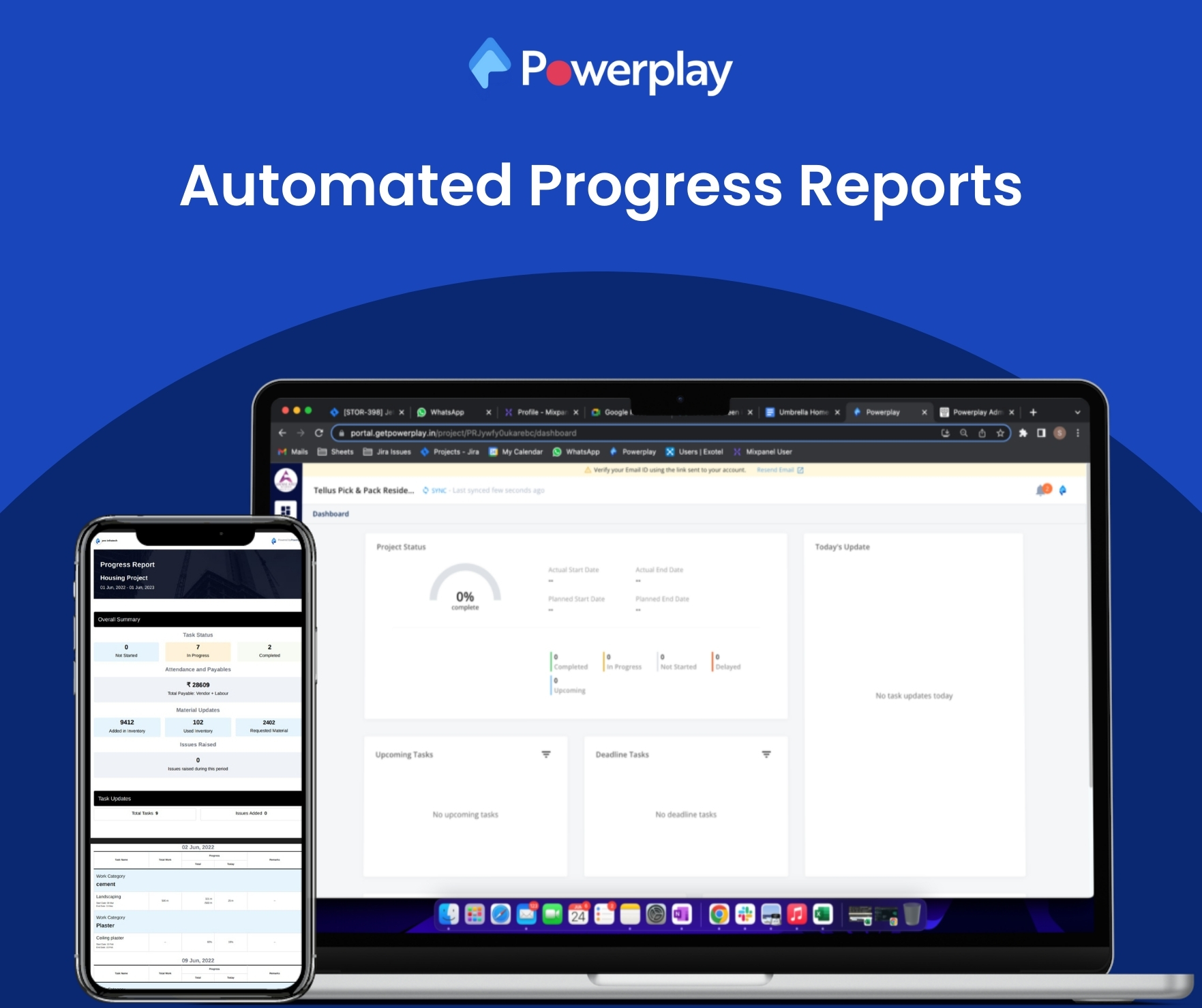
2. Financial Reports: Managing Budgets and Costs Effectively
Maintaining control over finances is a top priority for every construction business owner. A construction management solution allows you to generate financial reports that provide insights into your project’s budget, expenses, and cost forecasts. With this information at your fingertips, you can make strategic adjustments to ensure that your projects remain financially viable.
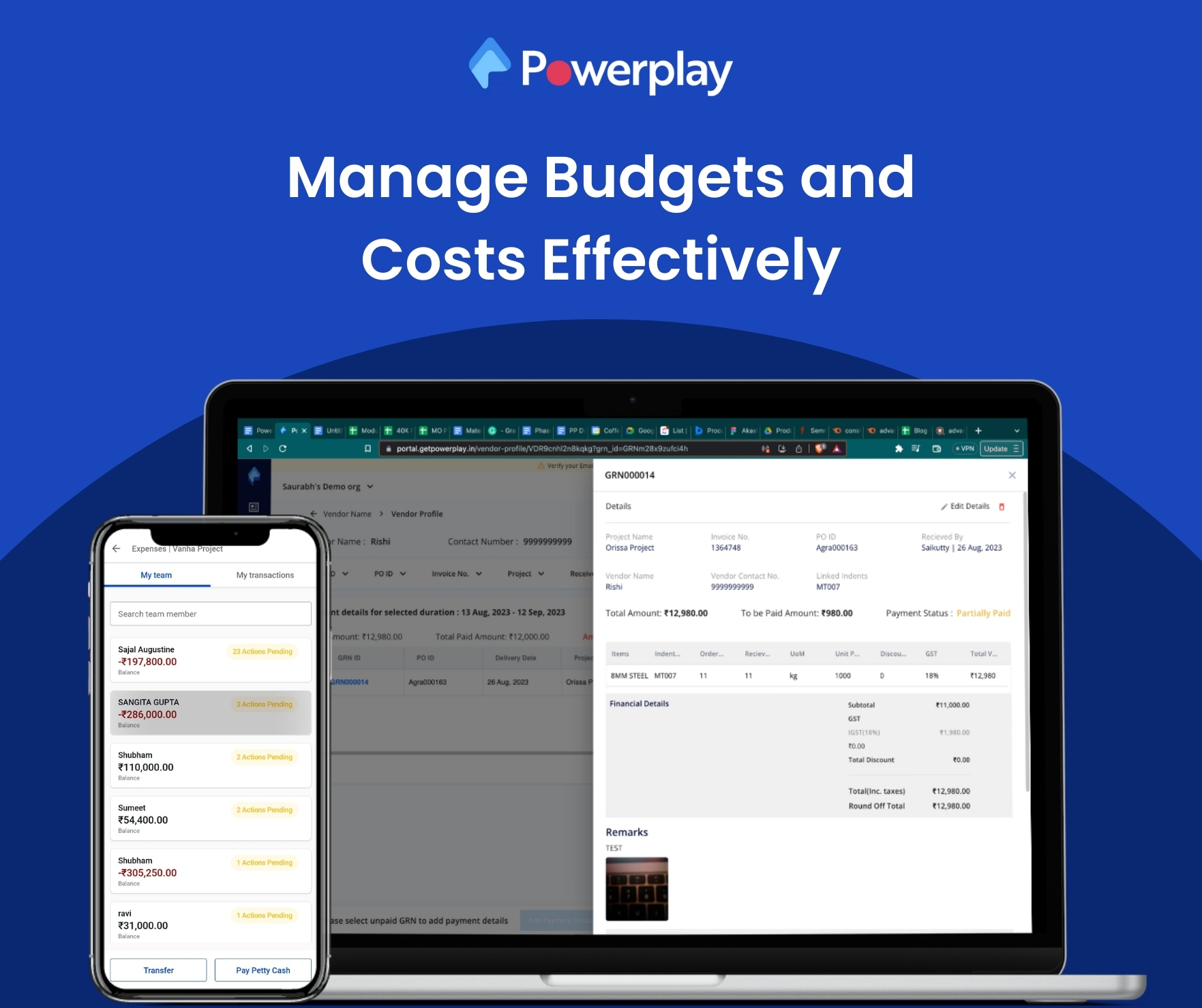
3. Resource Allocation Reports: Optimizing Workforce and Equipment
Efficient resource allocation is key to peak productivity and minimal waste. By utilizing contractor software, you can easily generate reports that help you monitor the allocation of labor, equipment, and materials across your projects. This data empowers you to make informed decisions about resource allocation, ensuring that you’re making the most of your available resources.
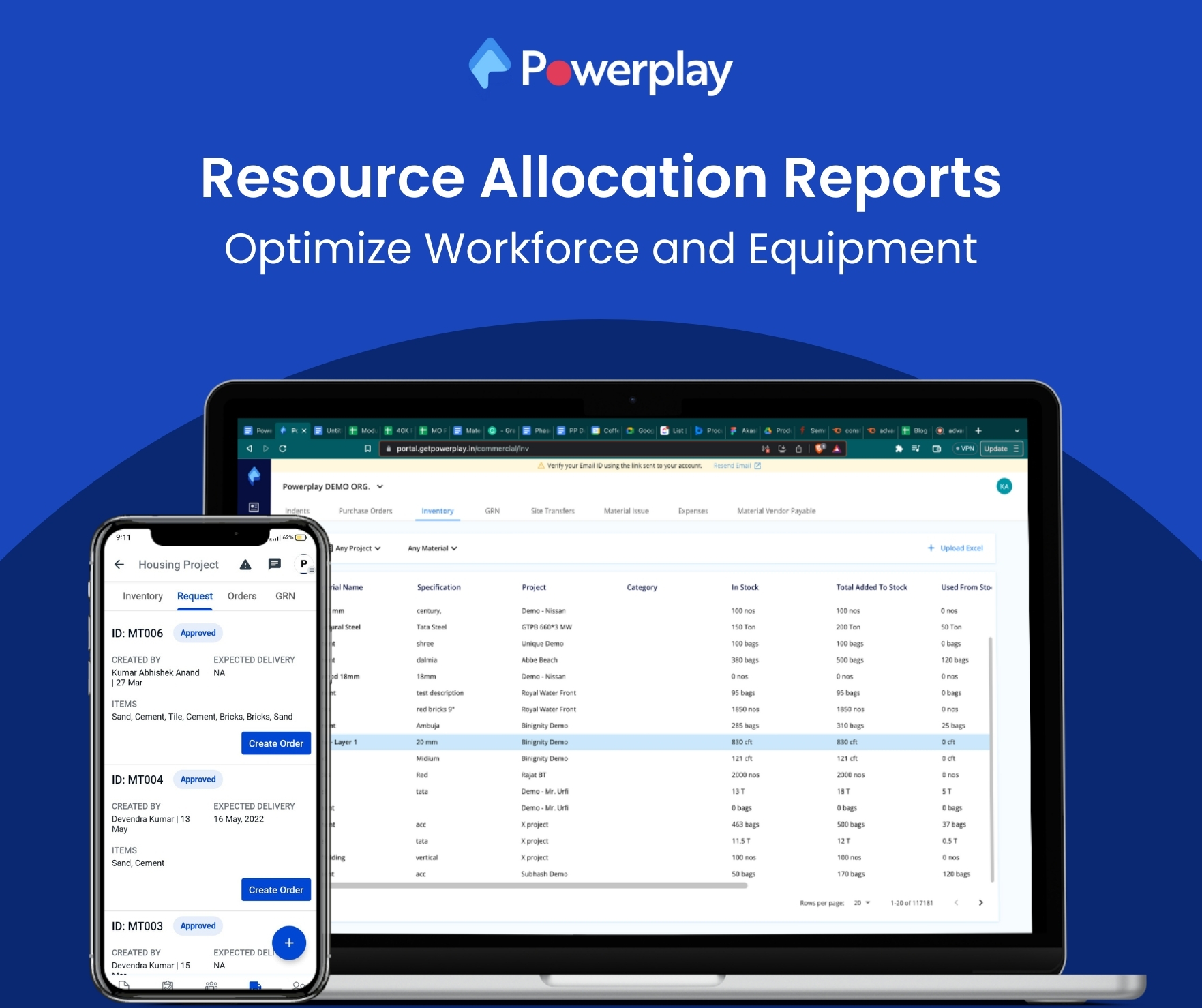
4. Risk Assessment Reports: Identifying and Mitigating Potential Issues
Construction projects are not without their fair share of risks. From unforeseen weather events to supply chain disruptions, staying ahead of potential issues is vital. A construction management app can generate detailed risk assessment reports, helping you identify and prioritise potential risks. Equipped with this detailed information, you can implement strategies to mitigate these risks and keep your projects on track.
5. Quality Control Reports: Ensuring Workmanship Excellence
Maintaining high-quality standards is non-negotiable in the construction industry. With project management software designed for the construction industry, you can easily generate reports focused on quality control. These reports provide a detailed analysis of workmanship, highlighting areas that may require attention. By addressing quality concerns promptly, you can ensure that your projects meet or exceed client expectations.
Responsibilities for Reporting
Creating construction reports is a collaborative effort and each stakeholder plays a specific role. A few key players are:
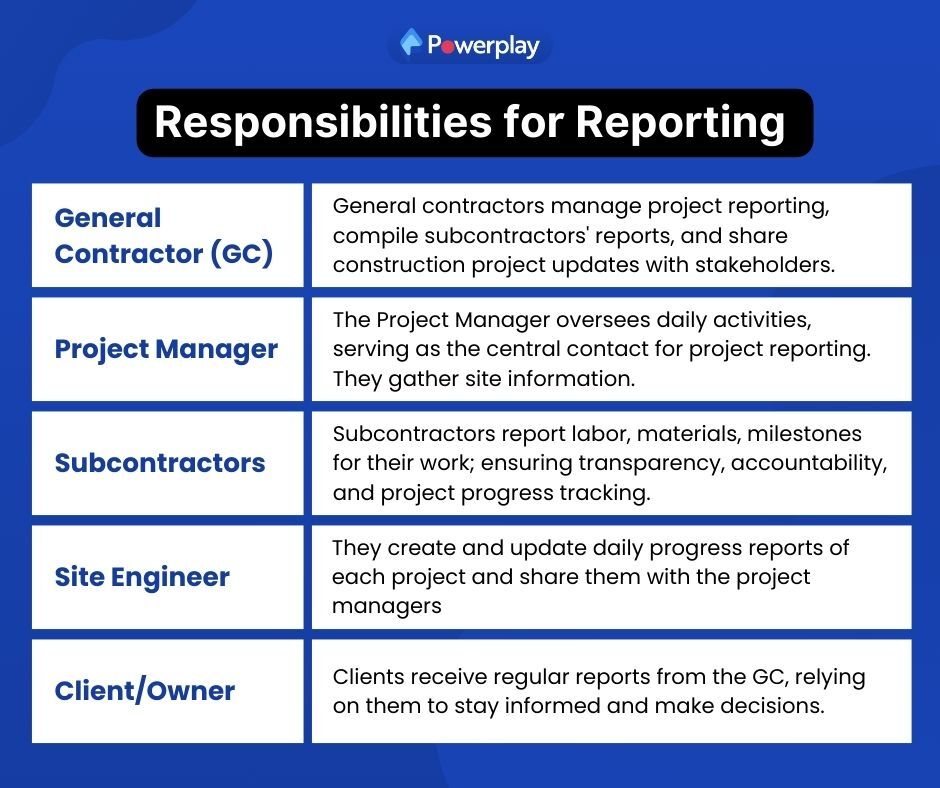
- General Contractor (GC): It is the primary responsibility of the general contractor to take care of project reporting. GCs create and compile project reports from subcontractors, manage their reporting schedule, and ensure that all construction project reports are shared with relevant stakeholders.
- Project Manager: Overseeing the day-to-day activities and being the central point of contact for project reporting is the role of the Project Manager. They gather information from site engineers and ensure reports accurately reflect project status
- Subcontractors: Each subcontractor is responsible for reporting on their specific area of work. This may include details like labour hours, material usage, and any completed milestones
- Site Engineer: They create and update daily progress reports of each project and share them with the project managers
- Client/Owner: The client typically receives regular reports from the GC. They may not be directly involved in report creation but rely on these reports to stay informed and make informed decisions.
Best Practices for Construction Reporting
- Standardise the Process: Use a constant format and process for all reports across different projects. This will help everyone stakeholder to comprehend what information is needed.
- Use Technology: Utilise digital tools and software, such as Powerplay, specifically designed for construction reporting. These tools can simplify data entry, improve accuracy, and allow for real-time sharing of reports.
- Include Visual Documentation: Adding photos and videos to your reports can be very effective and will provide a clearer picture of the project’s progress or any issues encountered. This visual evidence can be invaluable for clarifying details and supporting communications with stakeholders.
- Automate Report Organisation: Ensure that your reports are automatically dated and organised in a searchable index within an online database, making it easier to locate specific reports from the past and keep your reporting history well-organised
- Provide Detailed Documentation: Before submitting your reports, include all the required information, such as files and project photos. Detailed documentation helps eliminate unnecessary questions and clearly records the project’s progress.
Make Construction Reporting Easier with Powerplay
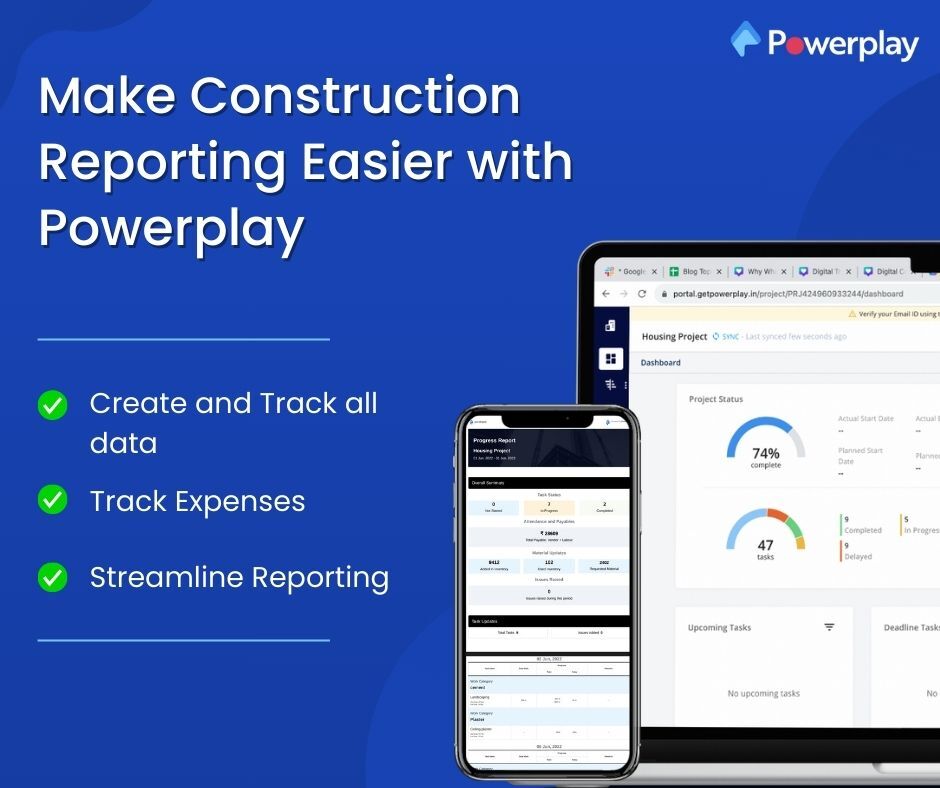
Powerplay is a mobile and web-friendly construction management software that makes construction reporting easier by providing a platform to create and track all data, such as task progress, financial updates, goods received note reports and other project-related details. It also keeps all the stakeholders in the loop, and they can use this data at any time.
Along with keeping track of all the construction reports, Powerplay also helps manage various aspects of the construction business and makes it more cost-efficient and seamless. So, Request a free demo now to use these amazing features of Powerplay.
Conclusion: Elevate Your Construction Reporting with Construction Management Software
Equipping yourself with construction project management software is a game-changer for Indian construction business owners. Not only does it streamline your operations, but it also empowers you to generate essential reports that provide valuable insights into your projects. From progress reports to quality control assessments, this software is a robust tool that can take your construction business to new heights. Don’t wait – start reaping the benefits today!
Effective management of construction reports has drastically improved the project’s success. According to research, maintaining construction reports in the business may increase the construction sector’s productivity by up to 60%.
Understanding these reports thoroughly and implementing best practices to maintain construction reports will help construction professionals communicate better and manage projects effectively and successfully.
Share
Kumar is a digital content professional with more than 2 years of experience in Blog writing, copywriting and scripting. His passion lies in the art of creating convincing content that plays a major role in converting leads for SAAS businesses.
